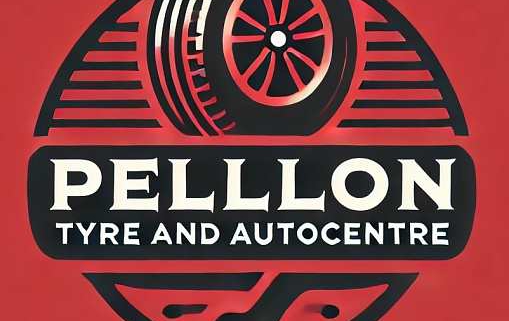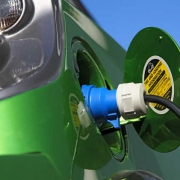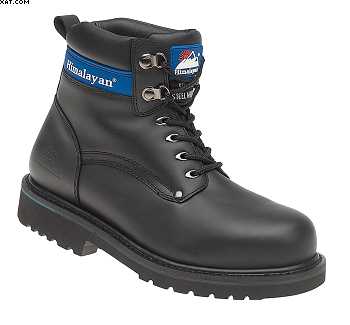Car Finance Check
Table of Contents
Car Finance Check

Car Finance Check
While it’s not uncommon for an automobile to have outstanding financing,. So, we suggest that you only purchase a car once the outstanding finance is cleared.
It would help if you recognized a vehicle’s Car Finance Check before purchasing. If you don’t know how to check the finance of the car! Please visit the link. In the case when a vehicle is having outstanding finance. Including, the individual in charge of the debt defaults on their financing. After you’ve acquired the vehicle, the finance provider can look to repossess it from you. Although you cannot acquire the loan of the borrower. hence, you would run the risk of going to the failure of the money spent on the car.
Dealers will typically not offer automobiles without they check if a vehicle are financed. Yet this cannot be guaranteed in all situations. Consequently, whether you are purchasing from a personal vendor or a dealership. Thus, it is essential to inspect a vehicle’s Car Finance Check status.
If you find that, while verifying if this car is on finance, the vehicle is still based on a financing contract, we advise that the seller work out the financing completely before you consent to buy the vehicle. Sometimes the seller may try to offer the vehicle to pay for the outstanding financing. Yet, it is essential to note here that until the debt is resolved, the ownership of the automobile stays with the financing supplier and is not transferred to you. Unless you understand and rely on the seller, it’s a high-risk procedure to accept to buy a car with finance outstanding.
What is outstanding money?
Outstanding money takes place when the previous proprietor still has money to pay for the vehicle but markets it out. In doing so, they are fraudulently offering the vehicle to another person without declaring it on any documents or communications. If you are thinking about checking if a car is on Car Finance Check, don’t fret; you can definitely visit the given link.
How do I know if there is outstanding money on an automobile?
Before you buy a used vehicle, you ought to carry out a finance check, which will inform you if any cash is owed on the vehicle, as well as if it has ever been associated with a crash or if it’s stolen.
If you’re buying from a dealership, you can ask them to check if a car is on finance. The Car History inspector checks the history of a vehicle and is therefore a reliable way to prevent purchasing an auto with outstanding financing.
What should I do if there is outstanding financing on a car?
- Before buying an automobile:
So, if you uncover outstanding money as well as you have not yet purchased the automobile. Of course, you must consult the provided finance firm to comprehend whether the account has been resolved or if payments are due. Naturally, if money is still owed, you must ask the owner to fix the account before continuing with the sale. If you don’t know how to Car Finance Check, you can visit the link.
- After acquiring a car:
If you find out while checking is this car on finance that there is outstanding financing owed after acquiring the car, it will be more difficult to verify you have a lawful right to possessing the car. You will have to persuade the money business you are an innocent customer, which can be difficult. If unsuccessful, they can reclaim the vehicle.
Getting a check that is this car on finance is quick to do online with the Car Analytics Automobile History Check will provide a couple of details regarding the vehicle you intend to buy.
I’ve purchased an auto with outstanding financing; what should I know?
- What does outstand money suggest?
While doing a Car Finance Check, you find if a pre-owned car has outstanding financing, it means that the finance company still owns the vehicle. The buyer has a hire purchase agreement in place that has not yet finished.
- What is a Hire Purchase Agreement?
A Hire Purchase Arrangement allows the vehicle owner to pay either nothing or a fairly lower down payment to buy the car. After that, they will continue to pay the money as a fixed fee on a regular monthly basis until the hire purchase arrangement finishes.
When this occurs, the vehicle driver usually gets the option to trade the vehicle and start a new hire acquisition contract or purchase the present auto outright.
- Why do I need to understand about Hire Purchase Agreements?
Until the hire purchase agreement expires, the motorist is properly selling out the auto. They have not bought it; the money business possesses it, which implies that the buyer has no authority to market it. If you are as lucky as to acquire a car in this circumstance, you do not own the vehicle you’ve spent for, even if you are provided documentation seemingly verifying that you do.
It will not take too much time before the financing business is notified as well as they act to impound the automobile or need that you pay off the outstanding money to stop them impounding it.
- Is there outstanding financing on my auto?
If you’re uncertain, it’s better to know immediately. Inspecting if a car has outstanding financing is easy. Even if you have currently purchased the vehicle, as well as you’re concerned your vehicle has outstanding money on it, it remains in your interest to run a quick check.
If the car does have outstanding financing on it, it’s better to learn the terms than with a knock on the door from the cops. After being notified your auto has outstanding Car Finance Check, you ought to contact an experienced lawyer right away.
So, before buying a car, please check for outstanding finance on the vehicle.
- Fiat Mii for Full Exhaust System
- Drivers Avoid Car Servicing
- Searching For The Perfect Porsche
- Nissan Wheel Alignment
- Traffic Chaos Expected-on UK roads
Can you check if a car is financed?

On occasion, there are online platforms or businesses that provide paid services to check the monetary background of a vehicle. These services make use of database and data from multiple sources to provide you with the necessary data. When looking for these services, make sure they are trustworthy and reliable.
How do I check my car finance balance?

If you already have a membership account with the lender, you can go online and easily view the current balance of your car finance. Having an online account allows you the comfort of being able to check on the amount you owe, the option of making payments, and other pertinent details.









